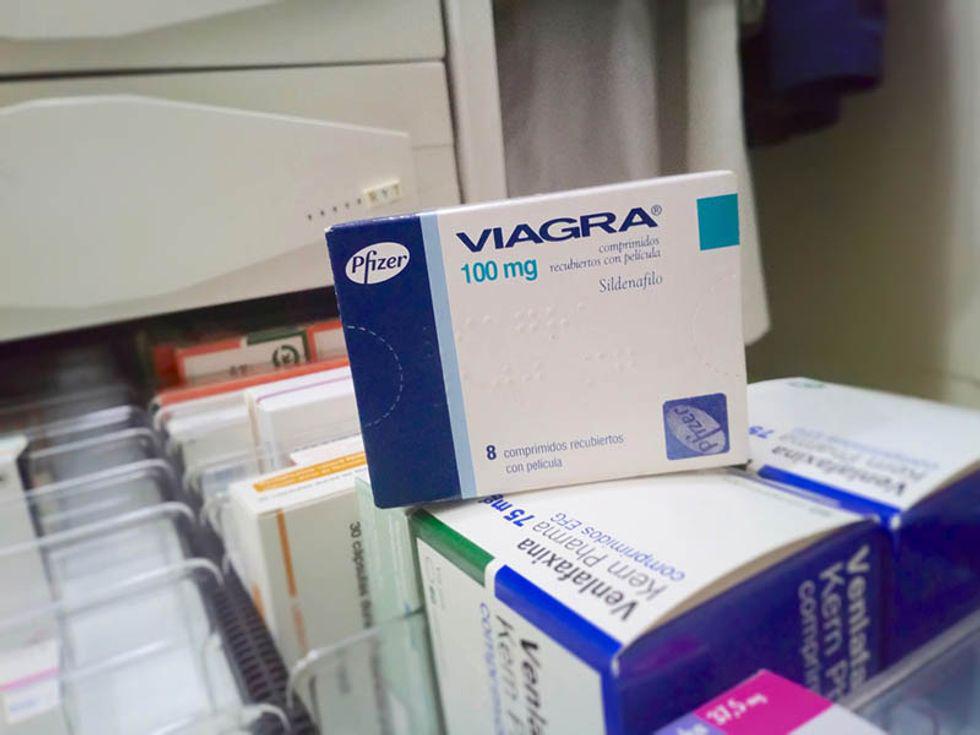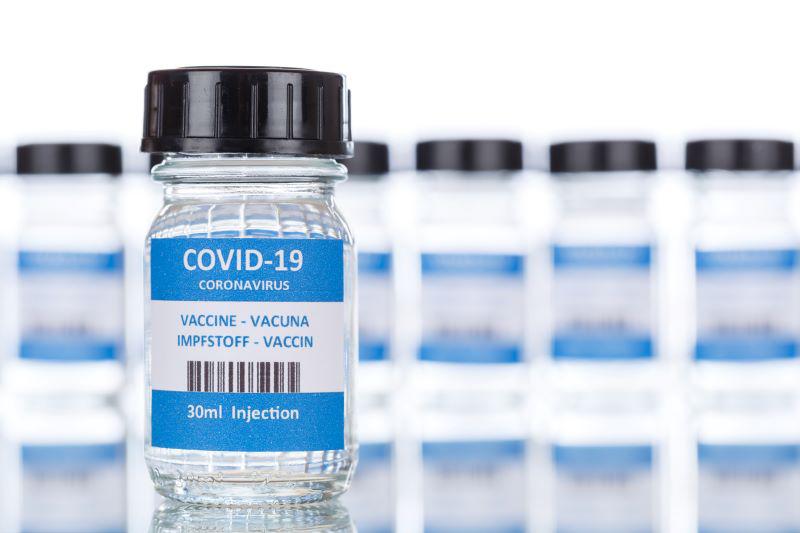
Is ‘practice makes perfect’ true for the male erection, too? That’s the suggestion from a Swedish study involving amorous male mice. It found that getting erections regularly was important to the rodents’ overall erectile function. The key seemed to lie in connective tissue cells called fibroblasts. These cells have long been known to populate penile… read on > read on >






























